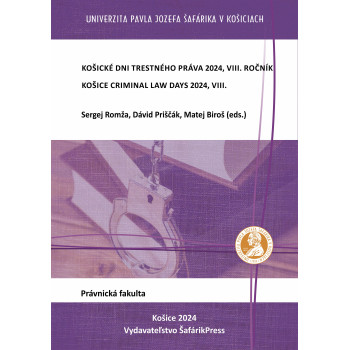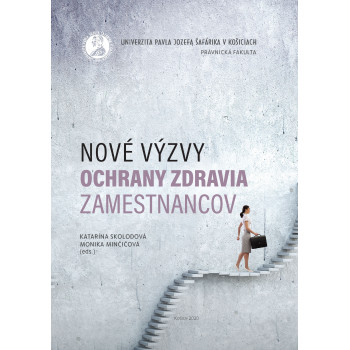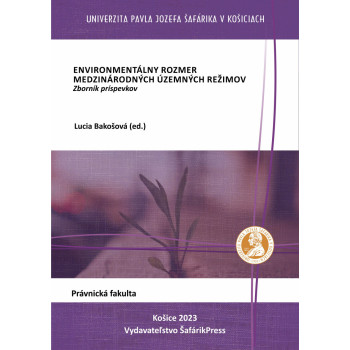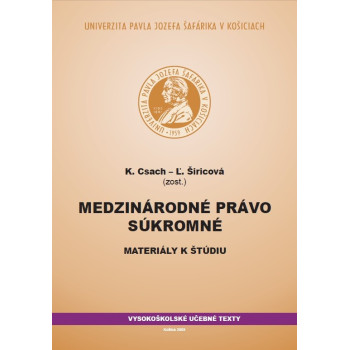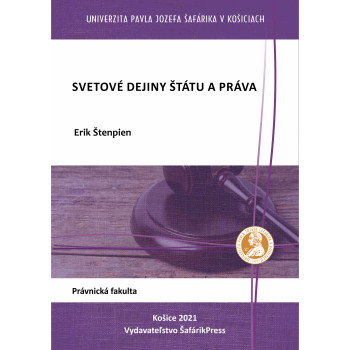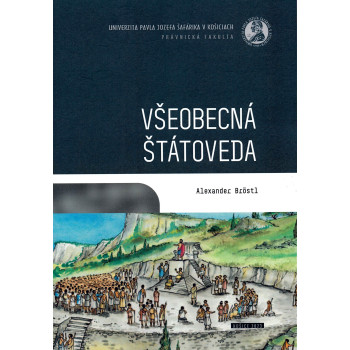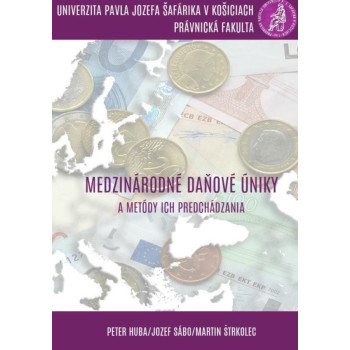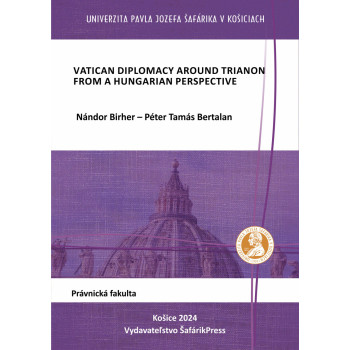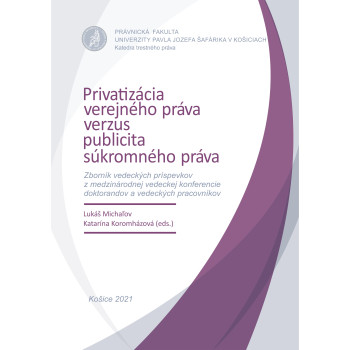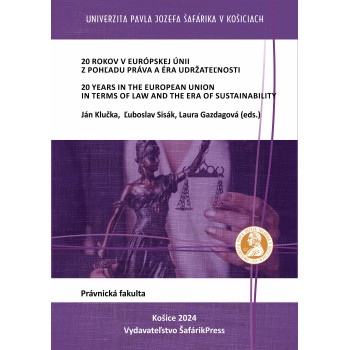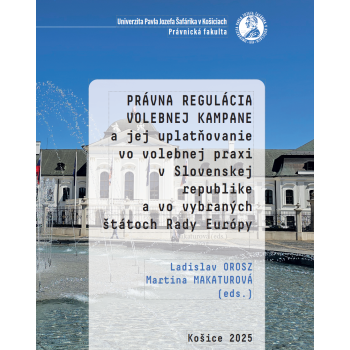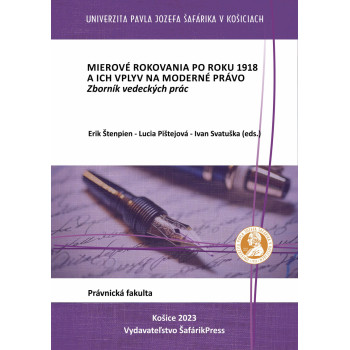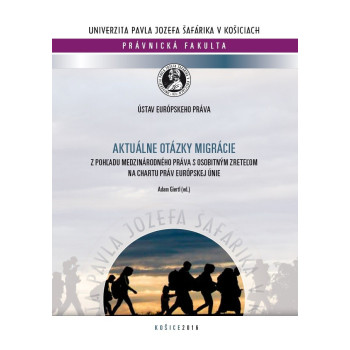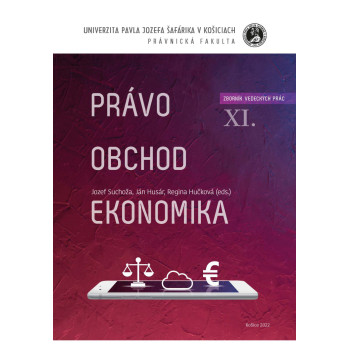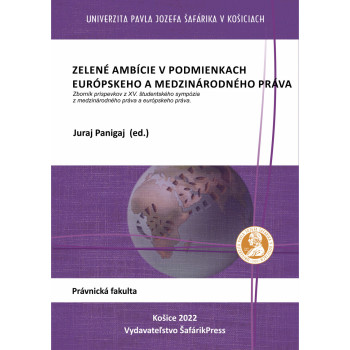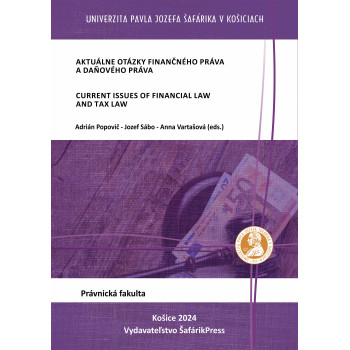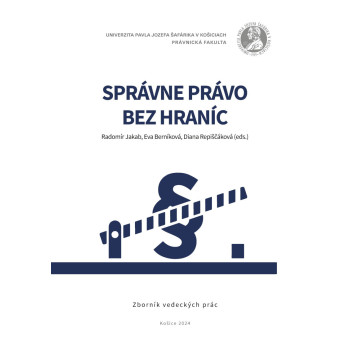
KOŠICE CRIMINAL LAW DAYS 2024
Sergej Romža - Dávid Priščák - Matej Biroš (eds.)
Proceedings of scientific papers „ Elimination of racism, xenophobia and otherforms of intolerance by means of criminal law. Recodification of Criminal Codes - Current Challenges and Perspectives. " is the output of the national interdisciplinary scientific conference with intemational participation organized by the Department of Criminal Law ofthe Faculty ofLaw of the University of Applied Sciences in Košice. The proceedings contain contributions focused on the issues of elimination of racism, xenophobia and other forms of intolerance by means of criminal law and on the issues of recodification of criminal codes, their current challenges and perspectives, both in the field of substantíve and procedural law.
This is a highly topical issue, as the need to eliminate racism, xenophobia and other forms of intolerance by means of criminal law is an important topic with regard to the social situation. The recodification of the criminal codes in 2024 has significantly affected both the substantíve and procedural areas of criminal law, which is the means of ultima ratio. Considering the social developments and the recent amendments to the pena! codes, we consider the theme of the conference and the titlc of the proceedings to be highly topical, containing a significant scope for scientific research.
The participants of the national interdisciplinary scientific conference with international participation in their contributions also dealt with de lege ferenda considerations and at the same time offered solutions to application problems in the field.
The aim of the published proceedings is to continue to improve and develop new knowledge in the field of criminal law, while respecting human rights and freedoms, based on the existing professional knowledge.



